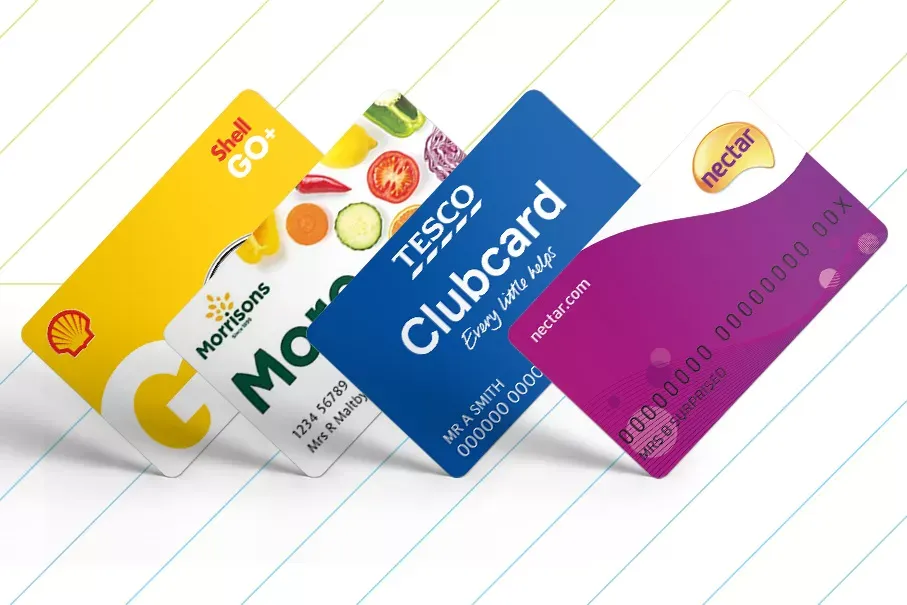
Whether you have a small business or a large company, keeping close tabs on your fuel spending is a vital part of managing your cash flow. So, when premium fuel costs, on average, costs up to 10p more per litre than the standard petrol or diesel and up to 30p more in some instances, you might be wondering if topping up your business vehicles with it is giving you a good return on your investment. To help you decide whether it's worthwhile, this article will explain the key differences.
What is premium fuel?
Premium fuel, which is also often referred to as ‘super-leaded petrol’ or ‘high-performance diesel,’ contains more cetane or octane than other fuels. The higher levels of cetane or octane hydrocarbons in fuel, the more premium and expensive it will be. This is because these hydrocarbons ignite more efficiently under the extreme compression of an engine. All vehicles will also have a recommended cetane or octane rating which drivers need to keep in mind, though almost all standard fuels will cover the rating you need.
What’s the difference between premium and standard fuel?
When you’ve seen the difference in price per litre between premium and standard fuel, you’ll no doubt contemplate which option you should choose. In short, drivers of standard, well-maintained vehicles won’t notice the difference between using premium fuel against standard petrol or diesel.
In fact, the biggest difference between the two is the amount of cetane or octane in the fuel. Simply put, the higher the level of cetane or octane, the less likely it is for the fuel to explode under pressure, which is why it is a popular option for businesses that use high performance cars. For businesses which use ordinary cars, regular petrol or diesel are more commonly used – these fuels are made to suit mainstream cars, as fuel companies created them to work properly with the engine.
Most drivers won’t feel the benefit of filling up their vehicles with premium fuel. Many people believe that premium fuel lasts significantly longer than regular, but this isn’t actually the case. For mainstream cars, the difference is only a few extra miles, as they run optimally on standard fuel types, which can be purchased from supermarkets. Only those with high-performance vehicles may notice a difference in the drive and fuel efficiency of using premium petrol or diesel. This is because these cars are put under more strain, particularly when they use a turbocharger or supercharger, so with premium fuel, they will get more from high-octane fuel. Therefore, if you drive a sports car, to help maintain its performance, it may be worthwhile using premium.
On the other hand, if you drive an ordinary vehicle, it will be unlikely that you will see a noticeable difference. Therefore, regular petrol or diesel is frequently the more popular choice. With standard fuel, you might also see a B or E number used when describing fuel at the pump. This indicates the level of biodiesel or bioethanol in the fuel, which is important to note if you’re looking to minimise your carbon impact when driving as much as possible.
Can you use premium fuel in your vehicle?
Your car handbook should state any fuel recommendations to maintain maximum efficiency and to keep your car running smooth. If not, this information might also be found around the fuel cap.
Each vehicle will have a standard cetane or octane rating that drivers need to keep in mind when purchasing their fuel. Using a lower quality fuel than what’s recommended can cause problems with an engine if it's repeatedly used. Similarly, filling up a vehicle with fuel that’s a higher E or B level than recommended will cause damage to an engine due to its incompatibility.
Can you mix premium and standard fuel together?
Though mixing premium and standard fuels will not cause any major damage to an engine, using fuel of the recommended quality standard for a vehicle will help it run and perform efficiently. Mixing two fuels of different quality standards together could mean you end up with petrol or diesel with lower hydrocarbon levels than is recommended for your engine.
Buying fuel from a supermarket
With the surge in fuel prices over the past few months, many people are comparing prices and searching for the cheapest option, and across the board, supermarkets typically offer the lowest rates. Also, many supermarkets accept business fuel cards, so your employees can receive further savings.
fuelGenie has many long-term partnerships with supermarkets that offer the great value fuel when they make a purchase with our fuel cards. This means that, whether you decide to pay extra to fill up with premium fuel or not, you don’t need to worry about buying your fuel from any of the supermarket petrol stations on fuelGenie’s network.
Want to save money on your business’ fuel costs? Apply today for your new fuel card to start saving.


